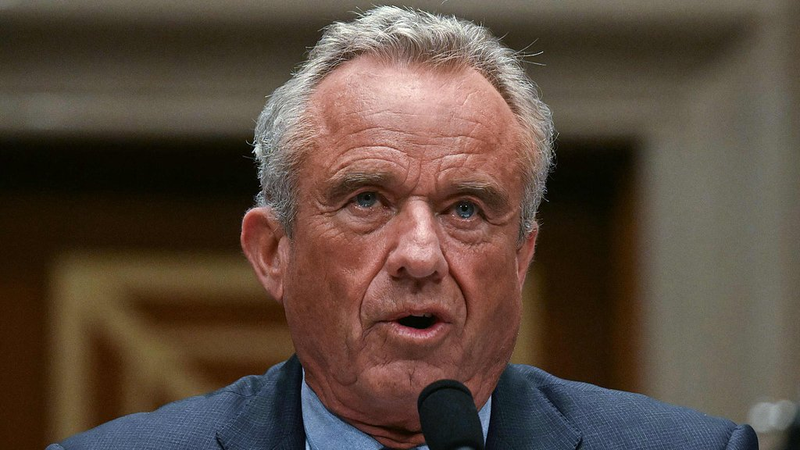In a surprising move on Monday, U.S. Health Secretary Robert F. Kennedy Jr. announced he had fired all 17 members of the advisory committee on immunization to the Centers for Disease Control and Prevention (CDC), framing it as a bold step to “restore public trust” in vaccines.
Kennedy pointed out in The Wall Street Journal that about two-thirds of the panel had been appointed in the final year of the previous administration. These experts review vaccine safety data, debate evidence and set the immunization schedule that determines who gets which shots and when. Insurance companies and programs like Medicaid rely on their recommendations for coverage.
The New York Times noted, “The CDC’s vaccine advisers wield enormous influence.” With the panel’s next meeting scheduled for June 25–27, the Department of Health and Human Services says the session will proceed as planned, although it’s unclear when new members will be named.
Critics warn this shake-up could upend decades of vaccine policy. Replacing a panel with advisers more aligned with Kennedy’s views—a figure known for vaccine skepticism—might alter or even remove key immunization guidelines, from childhood shots to adult boosters.
For young global citizens and tech innovators, the ramifications extend beyond U.S. borders. CDC guidance often sets trends for international health protocols, biotech investments and public trust in science. As the world watches, this landmark decision raises big questions about the balance between political leadership and scientific expertise—and what it means for the future of global health.
Reference(s):
cgtn.com



